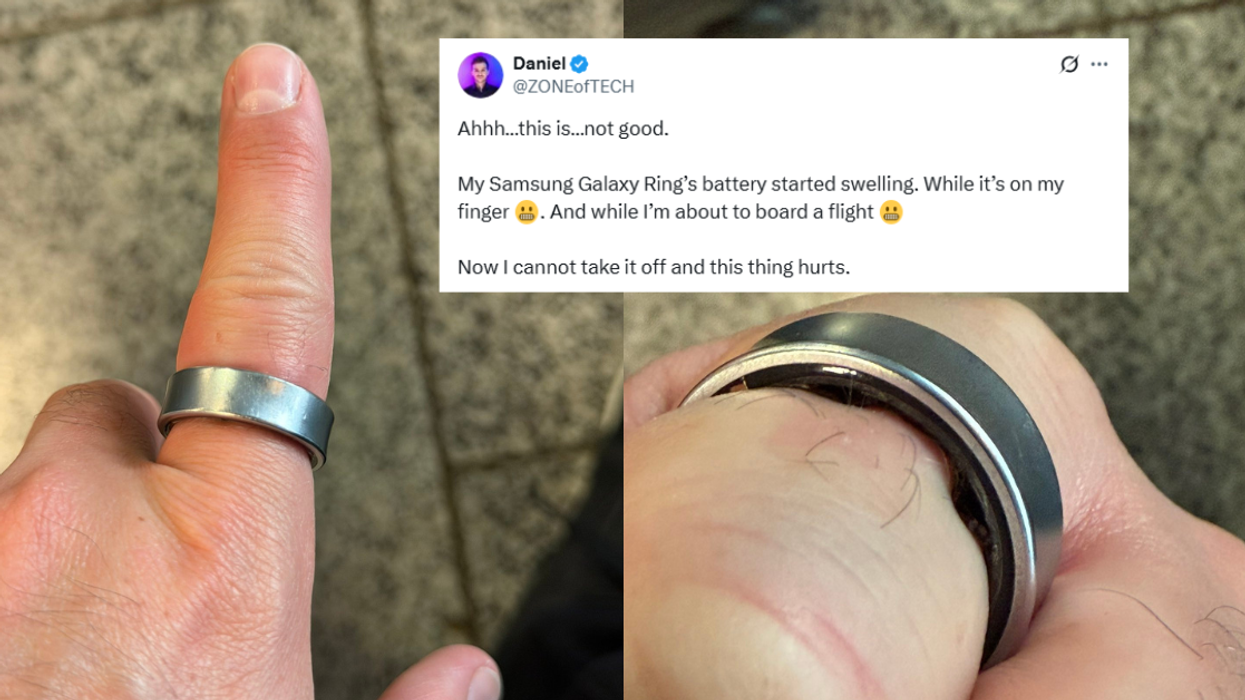The Huffington Post recently sat down with four people, dubbed the "Trump quitters," who lefts jobs within the Trump administration not because they were fired, but because they couldn't stand being a part of the administration any longer.
For Sharon McGowan, Walter Shaub, Mike Cox, and Ned Price, the decision to leave was agonizing, as they all loved their jobs, and three out of the four had served under multiple presidents on both sides of the aisle. And though they all served in different areas of government, they each made the choice to leave rather than stay and serve their civic duties as they longed to do.
Shaub served as the director of the Office of Government Ethics before quitting in July. He was fairly optimistic after election night, eager to work with a Trump team comprised of "very knowledgeable and earnest individuals," he told HuffPo's Lydia Polgreen.
But that changed very quickly when the entire team Shaub and the OGE had been working with suddenly "disappeared" the next day.
Then came the reports that Don McGahn might be heading the transition, and Shaub made it clear that it "was unbelievably obvious how in over his head he was."
For Cox, who had worked as a climate change adviser for the EPA since the Reagan administration, everything changed when Scott Pruitt became the head.
"It was very clear that he was talking down to us," Cox said. "We were the EPA. We were the bad guys. We were the problem."
Cox was actually set to retire in February, thinking Clinton was going to win the election, and that someone would pick up the climate change mantle where he left off. But after Trump was elected, that didn't feel like the case anymore.
"'Mike, you can't retire. You can't, because your job is going away, and you're an advocate. We need you,'" Cox recalled people telling him.
But Cox retired anyway, a decision he regrets. "I wish I would’ve stayed because even though I don’t think I would’ve made a huge impact, I still feel like I could’ve been a voice," he admitted.
McGowan, who was a principal deputy chief in the Civil Rights Division of the Justice Department, and the first first of the four to leave, felt a sense of unease on election night.
"There was this sense of dread that started to take over me, like in a very physical way," she said. As a woman in a same-sex relationship, McGowan hoped that Trump didn't mean what he'd said on the campaign trail. And she was almost successful in believing that hope "until Jeff Sessions was announced as the nominee for attorney general."
"That’s when I knew my days within the government were numbered," she recalled.
She knew she had to go, but she still had her doubts about whether she could make more of a difference from within the administration, or on the outside.
Price was a former CIA agent and a spokesman for the National Security Council, and was used to some tension when a new administration took office.
During the transition from Bush to Obama, Price admitted he "had a profound sense of unease at some of then-candidate Obama’s rhetoric on the campaign trail."
"But what we found is that President Obama proved himself to be someone who was willing to do what needed to be done," he said, "while also following through on some of his core convictions that I think many of us actually agreed with: ending the agency’s detention operations, making clear that the agency would not be allowed to engage in anything even close to resembling torture."
But for Price, Trump was different. "He would just automatically cast aside the high-confidence analysis of the intelligence community on things like Russia’s meddling in our election, and he would call that fake news, and he would call it a hoax," he scoffed.
While Price didn't care for the fact that Trump "didn’t respect the weight of serving as commander in chief," it was Trump's hiring of Steve Bannon as the head of the National Security Council that took things too far. Based on that hiring, Price "decided as an intelligence analyst, I would either be twiddling my thumbs all day, or producing reports that would gather dust."
As to what all four "quitters" share in common, Price said: "The commonality that strikes me is that I don’t think anyone here sought to be in this position. I mean, speaking for myself, I loved my job. I was more than content to be a bureaucrat for the rest of my life. And, frankly, I hope to go back into public service when the coast is clear."
Shaub also noted a trend of Trump's new hires having an "unwillingness to rely on experts."
And while the decision was difficult, it's one that many of the four's former colleagues continue to grapple with every day.
"So many people want to leave, but it’s such a difficult and personal decision," McGowan relayed. "Some are the breadwinners for their family. For others, there is this terrible tension of, If I go, who would take my place? People are describing it almost like drowning. Like, how long can I hold my breath and stick it out, because I want to be able to put the pieces back together after this is all over?"
But many remaining in the administration aren't willing to talk to anyone who left, due to rampant paranoia:
Still, they hope that the current state of affairs doesn't have a "chilling effect" on young people looking for a career in civil service, but they understand why it might.
"Knowing that power of the federal government is being used to cause so much harm—to tear families apart, to endorse discrimination—it actually feels insensitive for me to try and sell federal service to someone who is part of one of the communities targeted for abuse," McGowan lamented. "I look forward to the day when that is no longer the case."
Shaub added in, "Public service really is its own reward," before joking, "I mean, I still have student loans, so it has to be its own reward."
Twitter commended the four "Trump quitters" for following their convictions, despite the personal costs:
And we don't blame them:
Please SHARE this with your friends and family.
H/T: Huffington Post, Twitter

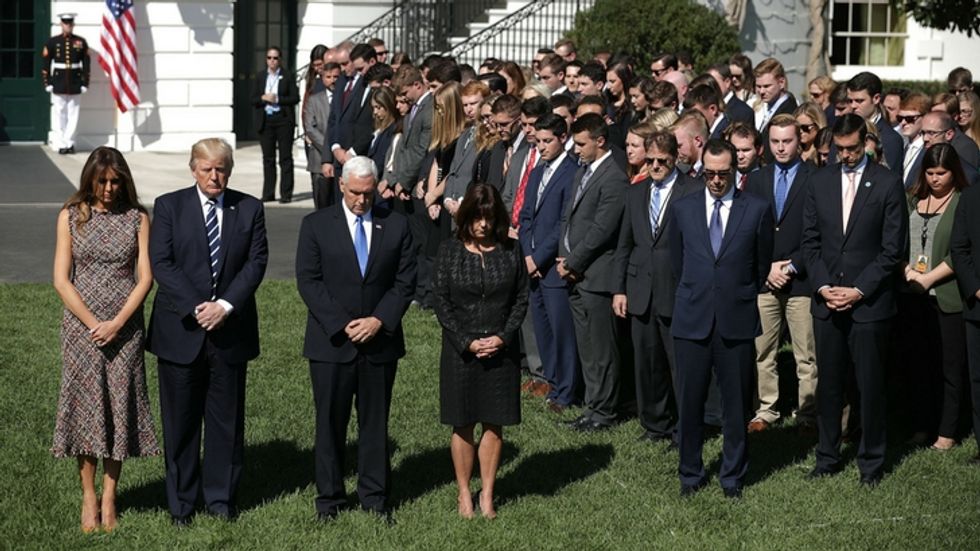

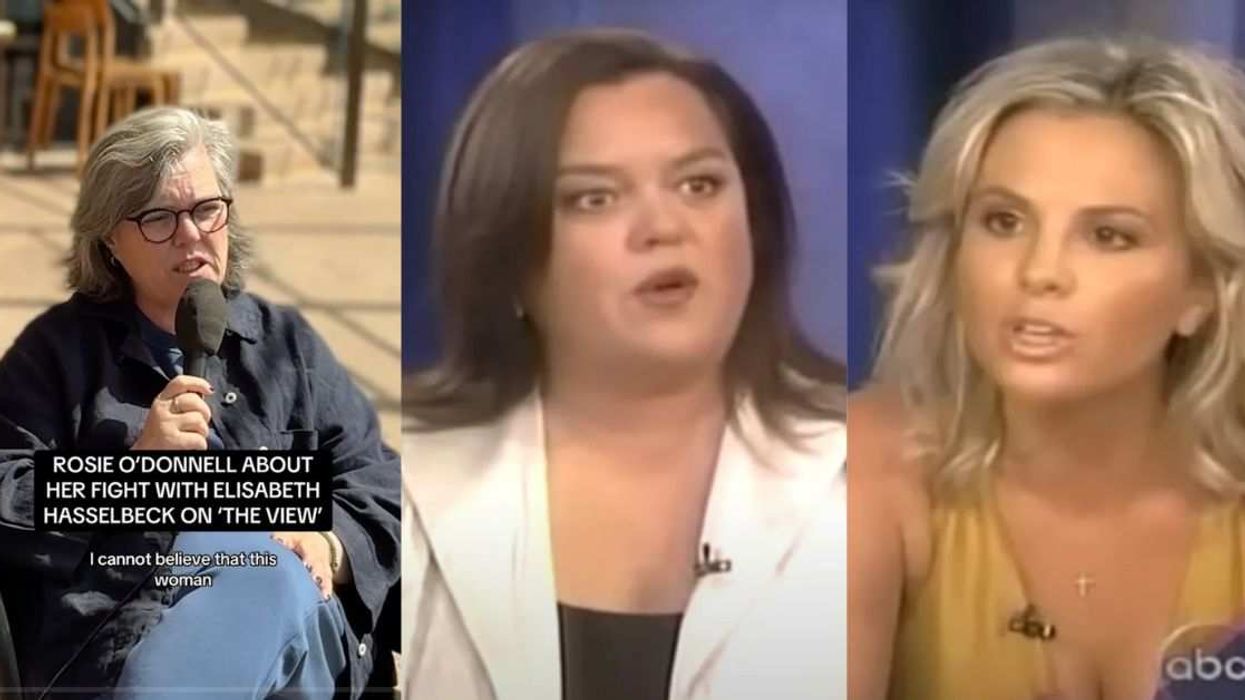
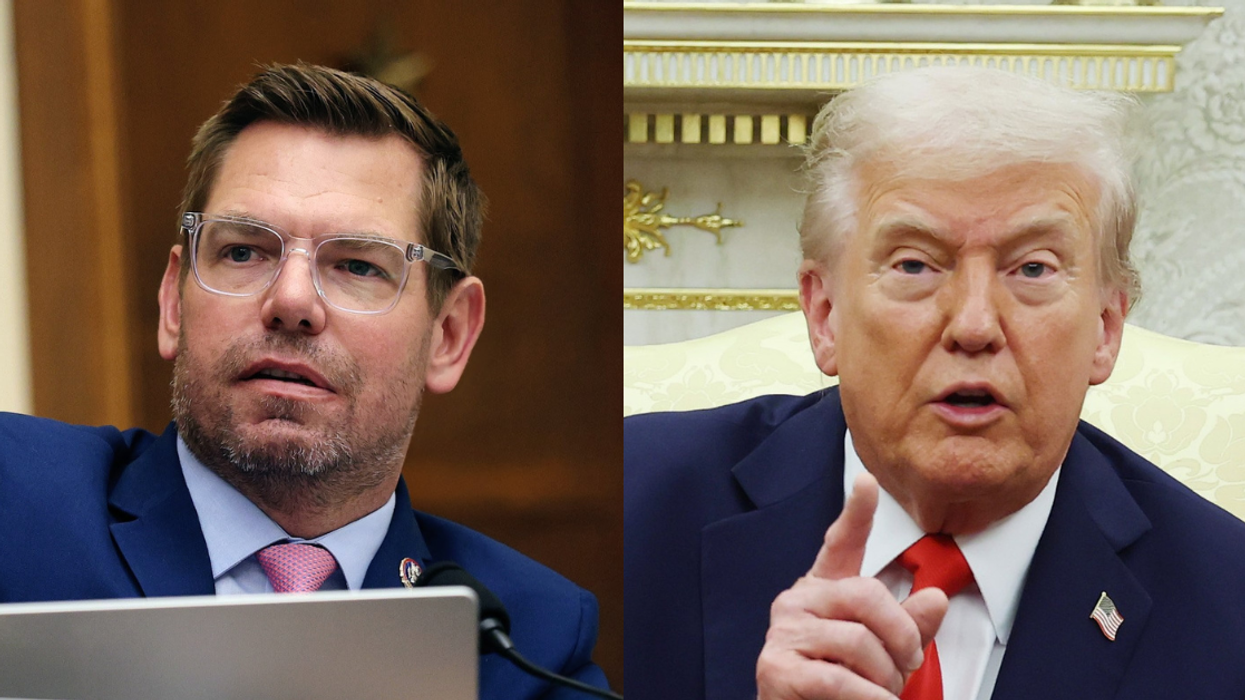
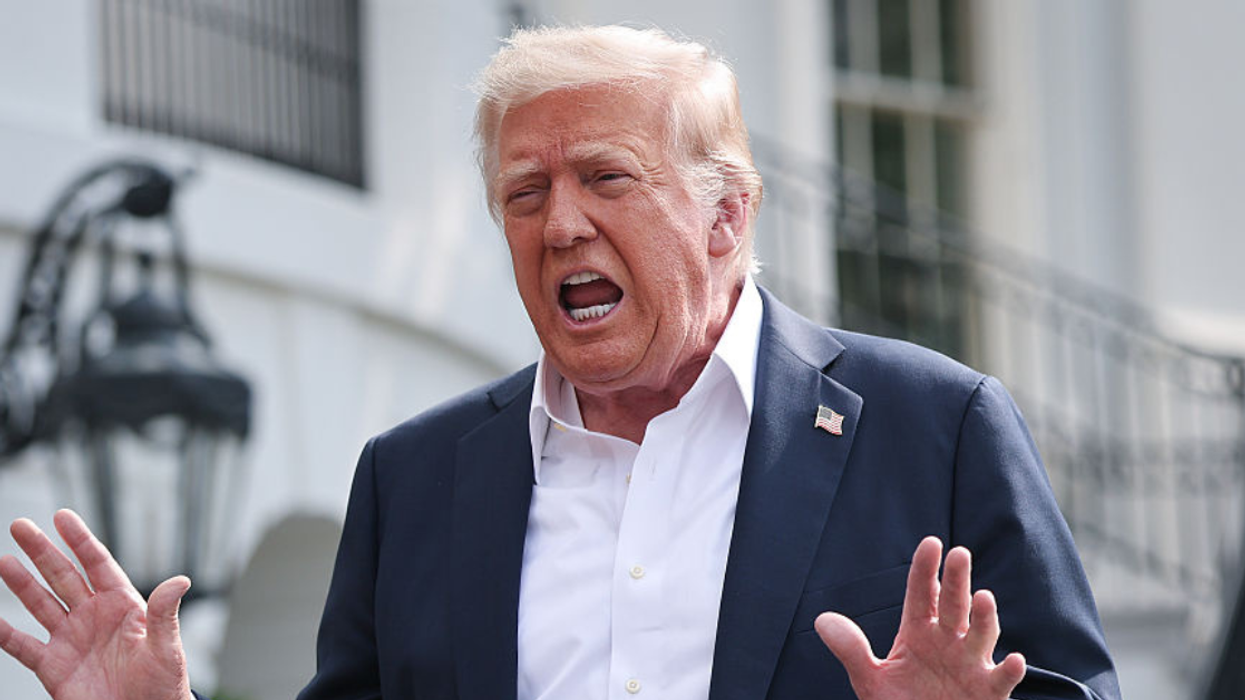
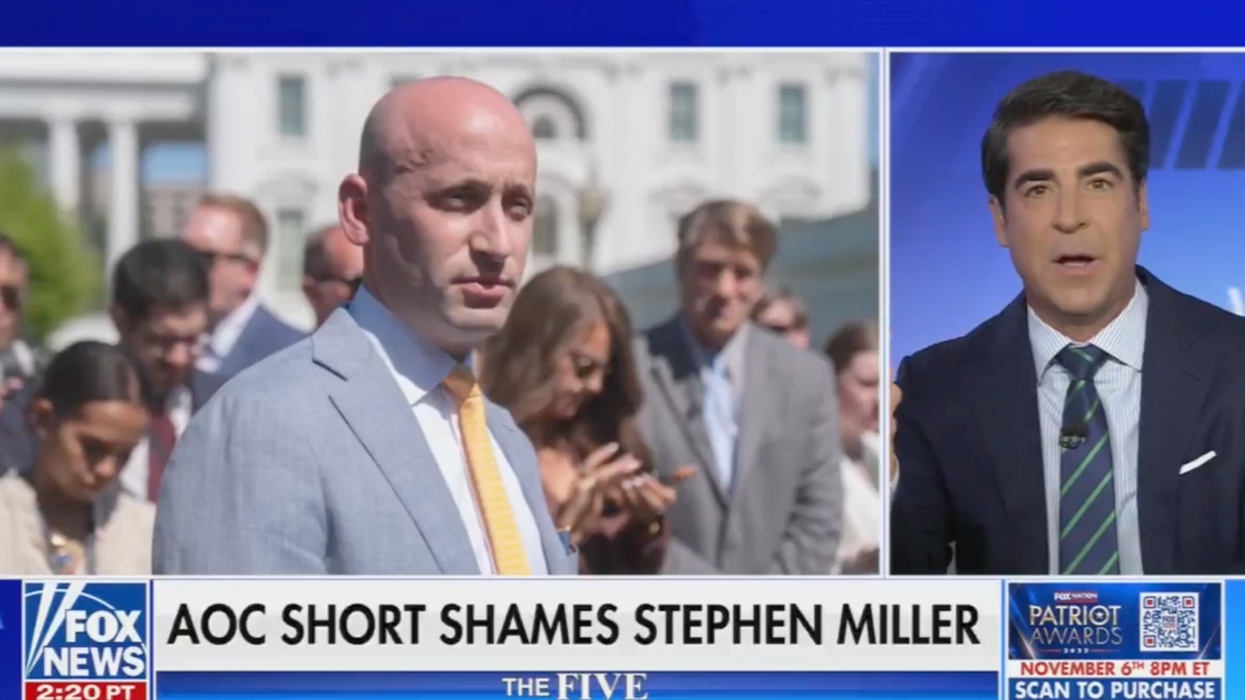

 Lemon Juice 80S GIF
Lemon Juice 80S GIF  Michael Myers
Michael Myers  Give Thanks Eating GIF by I Heart Guts
Give Thanks Eating GIF by I Heart Guts  Gordon Ramsay Fox GIF by HULU
Gordon Ramsay Fox GIF by HULU  baking ann b. davis GIF by HULU
baking ann b. davis GIF by HULU 
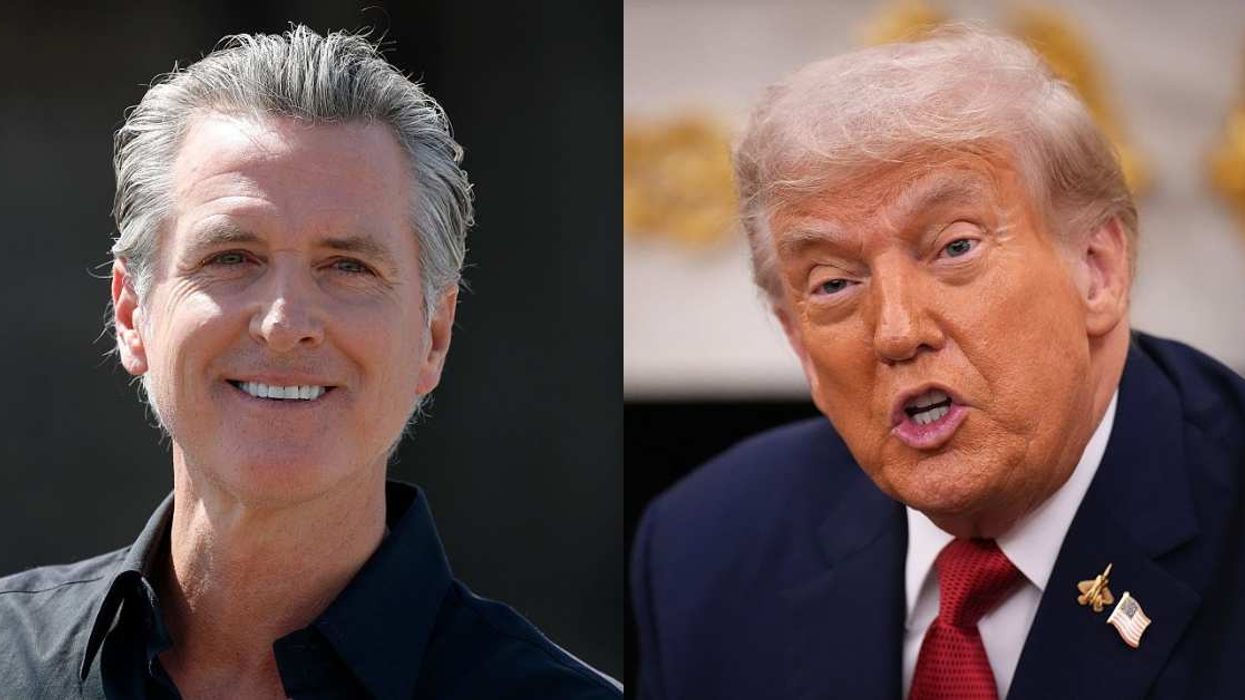

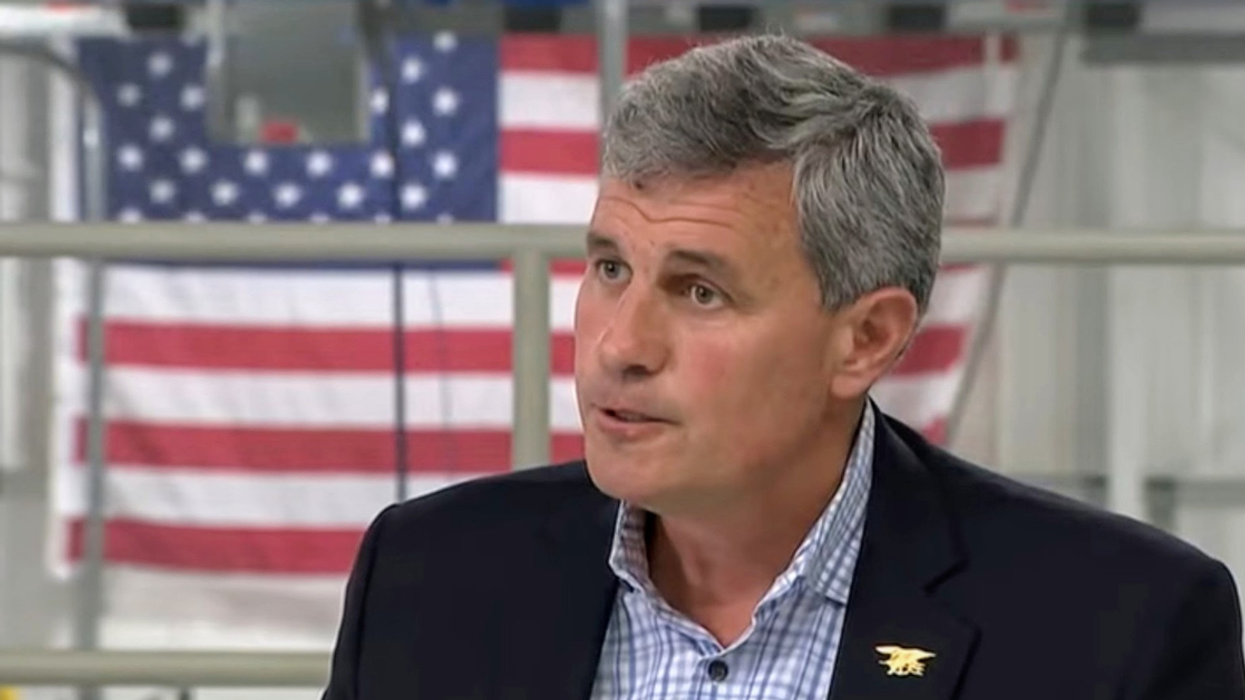
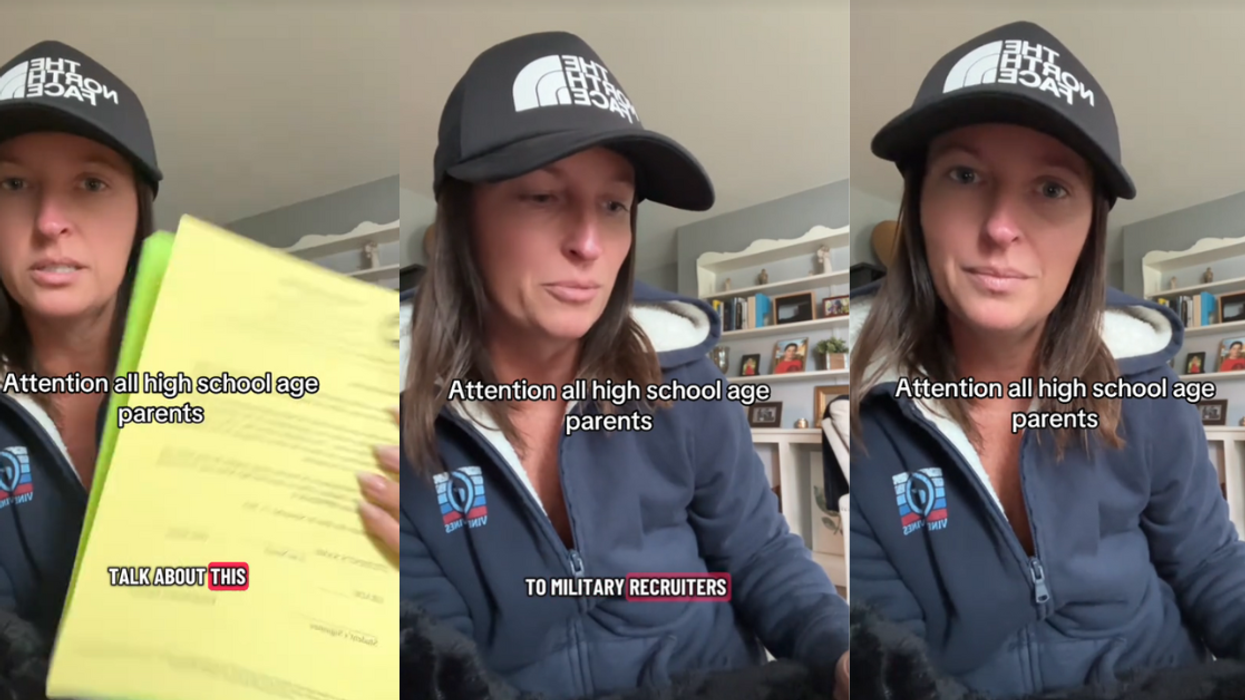
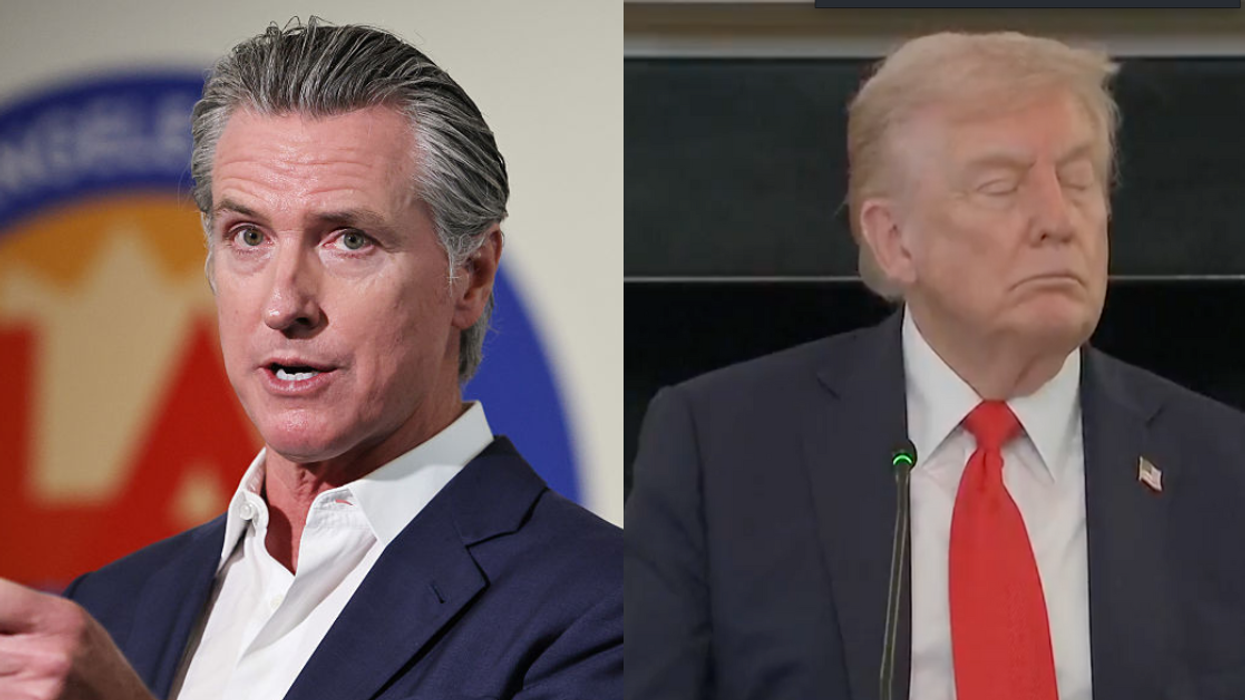
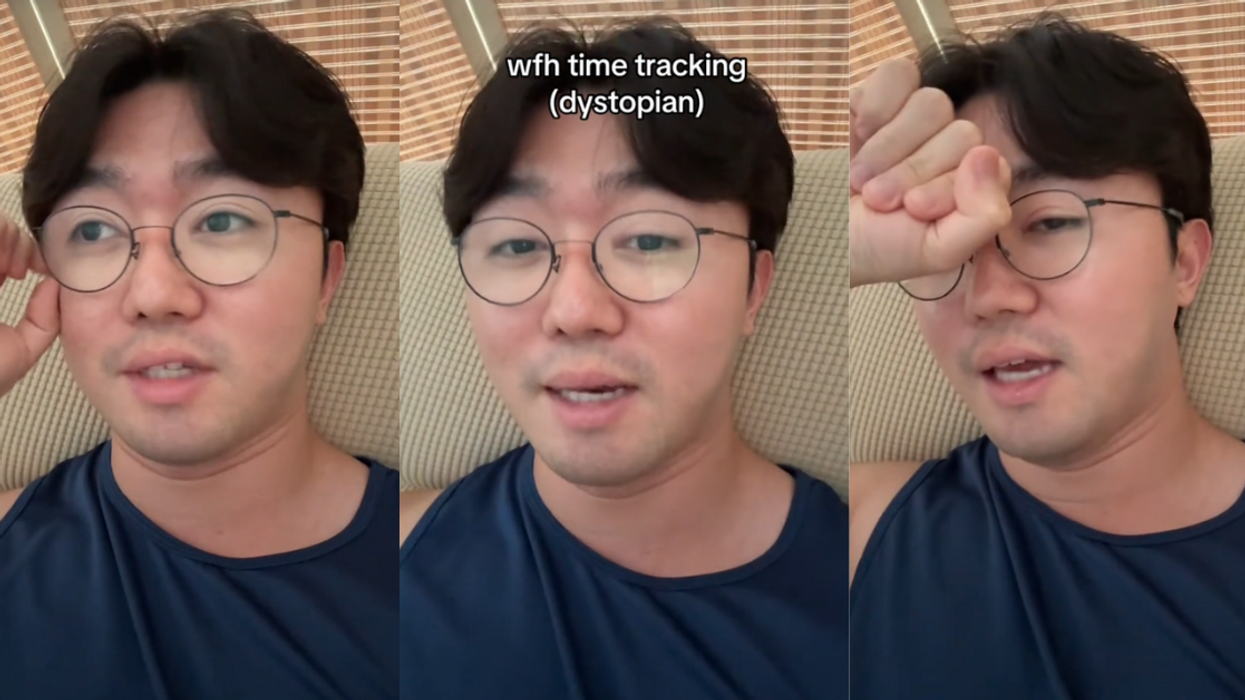
 @timleesblee/TikTok
@timleesblee/TikTok @timleesblee/TikTok
@timleesblee/TikTok @timleesblee/TikTok
@timleesblee/TikTok @timleesblee/TikTok
@timleesblee/TikTok @timleesblee/TikTok
@timleesblee/TikTok @timleesblee/TikTok
@timleesblee/TikTok @timleesblee/TikTok
@timleesblee/TikTok @timleesblee/TikTok
@timleesblee/TikTok @timleesblee/TikTok
@timleesblee/TikTok @timleesblee/TikTok
@timleesblee/TikTok @timleesblee/TikTok
@timleesblee/TikTok @timleesblee/TikTok
@timleesblee/TikTok
 @skylr.m/TikTok
@skylr.m/TikTok @skylr.m/TikTok
@skylr.m/TikTok @skylr.m/TikTok
@skylr.m/TikTok @skylr.m/TikTok
@skylr.m/TikTok @skylr.m/TikTok
@skylr.m/TikTok @skylr.m/TikTok
@skylr.m/TikTok @skylr.m/TikTok
@skylr.m/TikTok @skylr.m/TikTok
@skylr.m/TikTok @skylr.m/TikTok
@skylr.m/TikTok @skylr.m/TikTok
@skylr.m/TikTok @skylr.m/TikTok
@skylr.m/TikTok @skylr.m/TikTok
@skylr.m/TikTok @skylr.m/TikTok
@skylr.m/TikTok @skylr.m/TikTok
@skylr.m/TikTok @skylr.m/TikTok
@skylr.m/TikTok